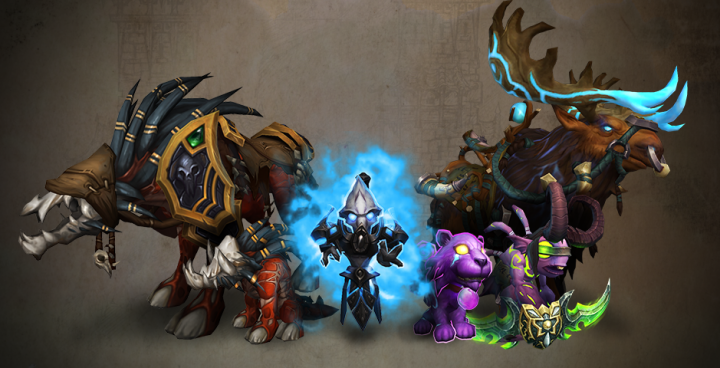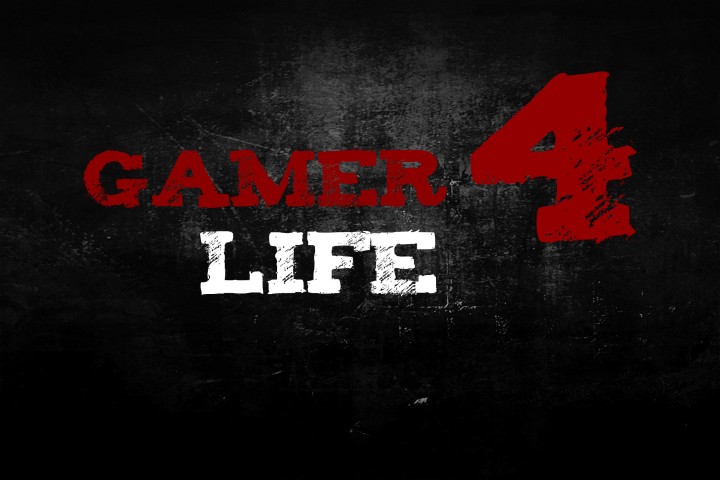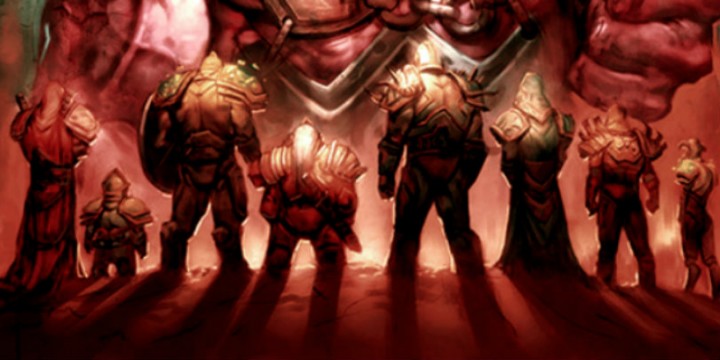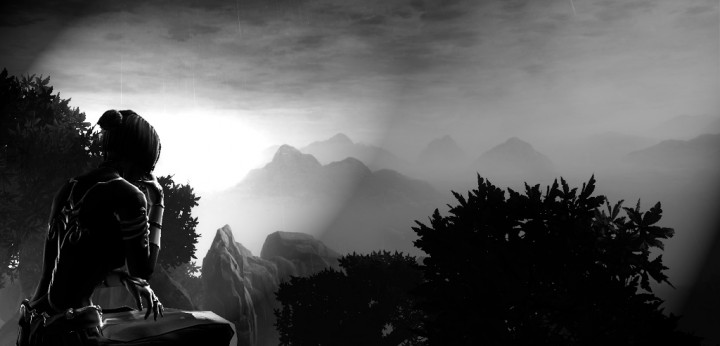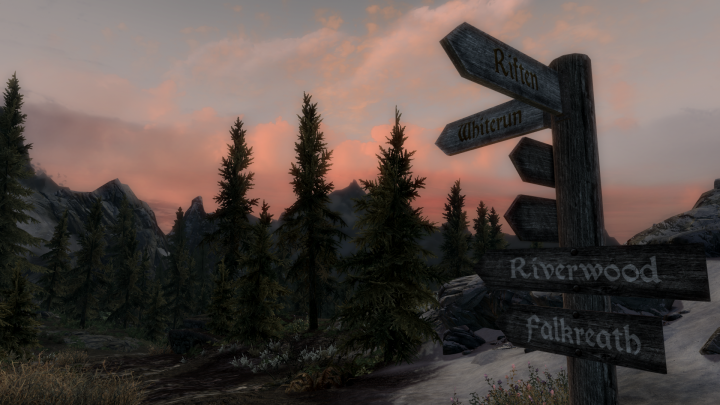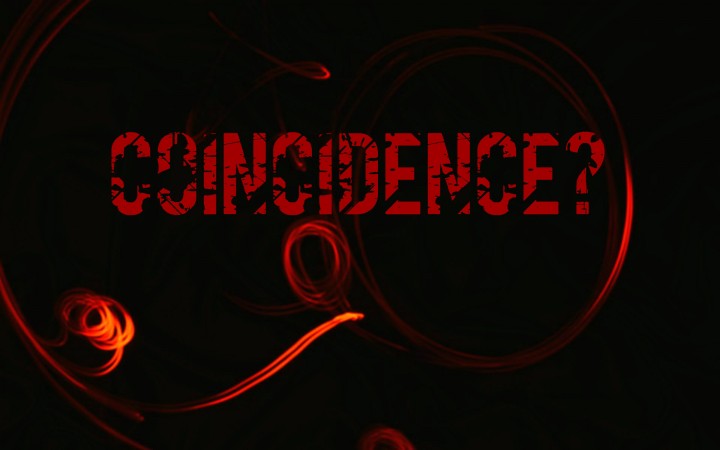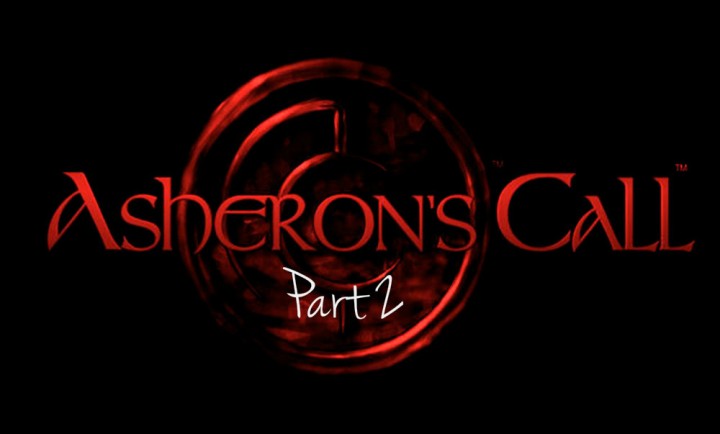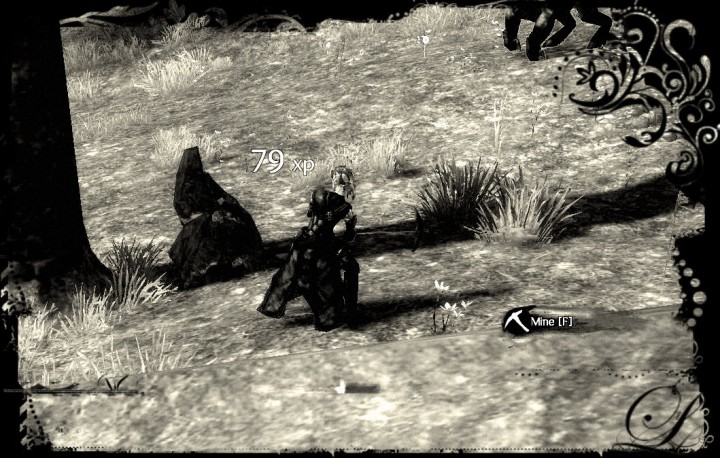A lot of social media space this week on my feed has been taken up by a Moose. This Warcraft Mount was going to be purchasable at some point before Legion. Instead the designers have decided that actually, this is too good an opportunity to pass up. So, as of Patch 6.2.3 that launched this week? You can only get one by defeating the End Boss of the Expansion on the two hardest Instance difficulties, Heroic and Mythic. The playerbase’s reaction to this has been nothing short of revelatory: groups of people offering to help the less geared and qualified with runs under the Twitter hashtag of #FriendshipMoose. Players who hadn’t even played organised content weeks ago are now touting Heroic Achievements and a new found sense of belonging. However, for some of us, this whole sequence of events is nothing new. There’s been Meta Achievements in game since Wrath of the Lich King whose rewards you can still gain. Blizzard now take the mounts away from Instances at the start of each new Expansion to maintain the ‘unique’ nature of the achievement. However, what people don’t realise is that it isn’t the pixels they collect to begin with. The ‘reward’ isn’t what you gain from defeating Archimonde, it’s what you find within yourselves that matters more. You’re not passing over money for a plush or a badge, this is simply a virtual nod to the time you took to go to Hellfire Citadel and make an effort.
So, why does anyone bother collecting anything virtual to begin with? If you have no real proof of your efforts, if there’s nothing to sell in X years or to leave to your grand-kids… really, what’s the point? A lot of this is tribal, of course, that for a new generation of players it’s just the same as sticking a band poster on a wall or sewing patches onto your jacket. Wanting to belong is a vital part of human behaviour, as is being able to use what you collect as a means of showing your worth. Every Moose that appears in my timeline (and trust me, there are many) is a sign that players have ‘completed’ one of the most poorly-received Expansions in Warcraft’s history. This is undoubtedly a good thing for a company who lost 40% of their sub base in 12 months over their inability to make compelling content. Suddenly, everyone’s in the one bit of the whole package nobody really had any complaints about: raiding. Maybe more of these people will raid come Legion: that has to be Blizzard’s hope as a result of the exercise.

